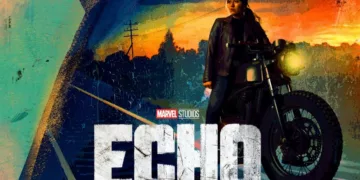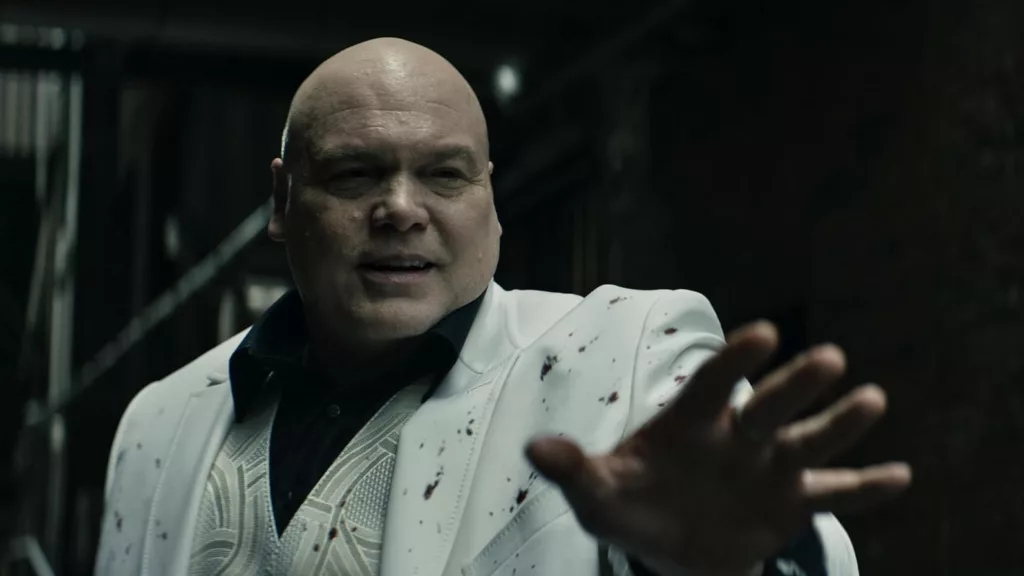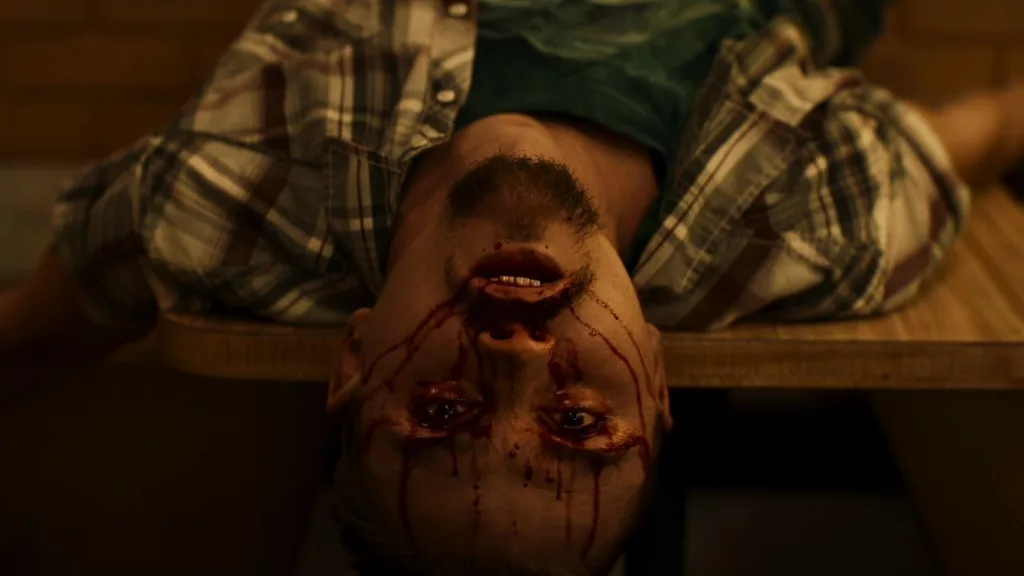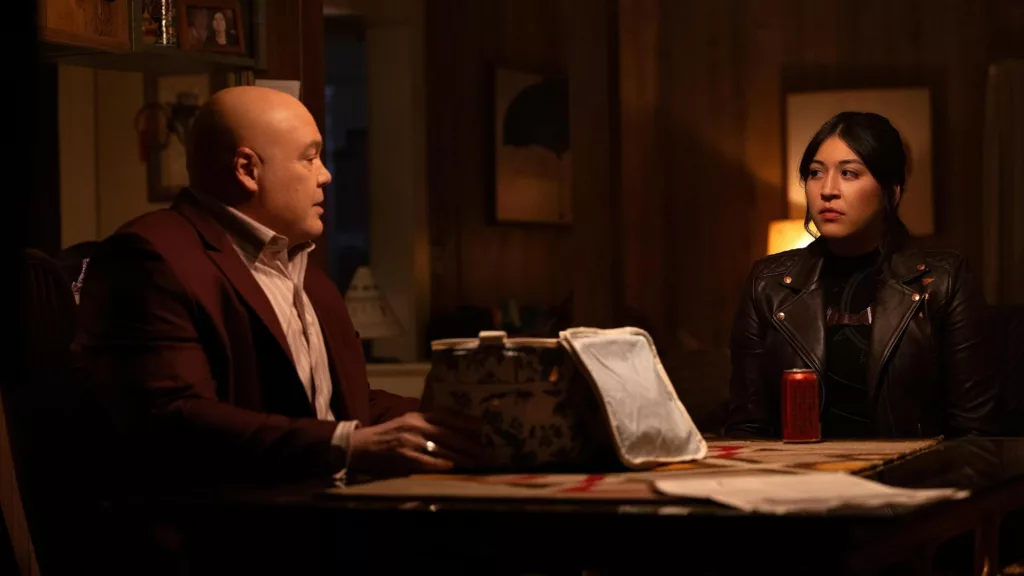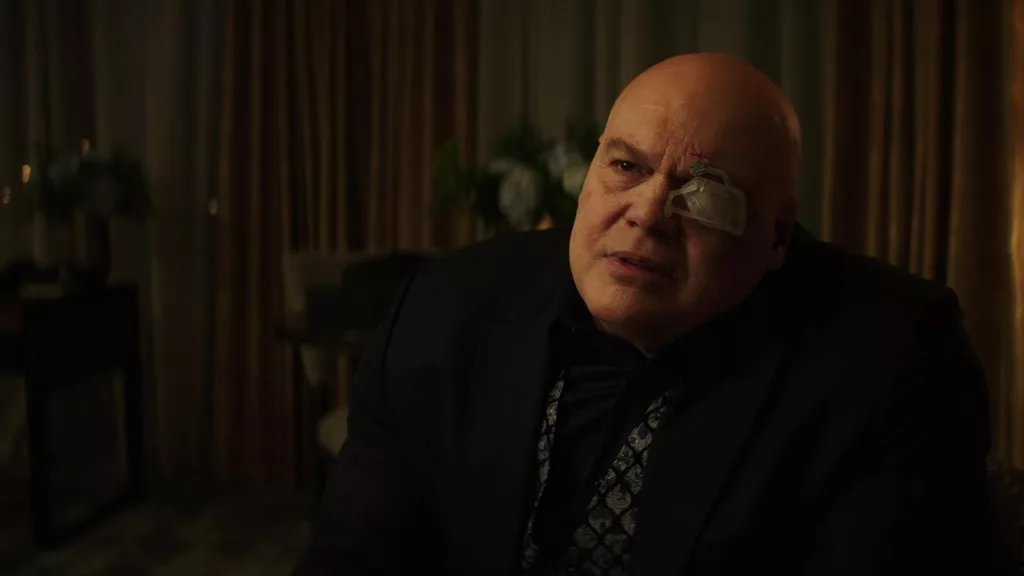Marvel’s latest small-screen venture leaves viewers with mixed feelings. Echo aims to offer a more intimate take on the sprawling superhero universe through the eyes of Maya Lopez, a young Indigenous woman with extraordinary abilities. As part of the new Marvel Spotlight banner, it strives to tell a grounded story relatively detached from tangled continuity.
The show centers on Maya, who comic fans will recognize as the superpowered Echo. Played with stoic intensity by newcomer Alaqua Cox, Maya is no stranger to loss, struggling with childhood trauma and the violent machinations of kingpin Wilson Fisk. Her journey home to make amends with her Oklahoma community sparks the central conflict.
On paper, it’s a compelling character study removed from CGI spectacle and cameo overload. But in execution, Echo buckles under the weight of its own universe. Callbacks and backstories overload the early episodes, undermining attempts at standalone storytelling. Still, Cox’s raw performance and the show’s themes of family and heritage offer glimmers of promise amidst the patchy pacing.
Trauma Forges an Unlikely Hero
Echo traces a painful path to empowerment for Maya Lopez, whose traumatic past fuels her transformation into a complex hero. Orphaned after watching her father’s murder, the young Choctaw girl is molded into a ruthless assassin by Wilson Fisk, the notorious Kingpin of crime. Manipulated by promises of vengeance, Maya serves as Fisk’s enforcer until the truth of her father’s death unravels this dark bond.
After gunning down Fisk in the climactic Hawkeye finale, a fugitive Maya returns to her Oklahoma hometown to lie low. But the shadows of her former life encroach on this sanctuary. Her strained reunion with uncle Henry and cousin Bonnie thrusts them into the crosshairs of Fisk’s surviving henchmen. Violence, it seems, is Maya’s inescapable heritage.
Through fragmented flashbacks, Echo unpacks the formative tragedies that scarred Maya. The loss of her mother…The loss of her leg…The day she lost innocence itself. Kingpin exploits this pain, forging a grief-fueled instrument of retaliation. It’s a trauma both physical and emotional—the source of Maya’s power and fury.
Of course, where there is trauma, there is also hope of healing. Back on the reservation of her Choctaw ancestors, Maya inches towards reconciliation—with her family, her identity, her destiny. Echo suggests her true “superpower” lies in channeling this Indigenous lineage. But to claim this birthright means confronting the demons of her past once and for all.
“Uncover a kooky spin on a classic tale in our Lisa Frankenstein review. Dive into this horror-comedy that stitches together love, revenge, and a dash of the undead.”
Echoes of the Past: Exploring Identity Through Heritage
At its heart, Echo is a exploration of reconciling one’s past with their present identity. Maya Lopez undertakes this journey both internally through her emotional trauma, and externally by connecting with her Choctaw roots. As Marvel’s first Indigenous and deaf superpowered heroine, her quest for belonging reveals universal themes despite its specific cultural lens.
The inherited trauma suffered by Maya and her ancestors echoes through each episode. Visceral flashbacks depict the accidents and violence that claimed her family, while stylized sequences draw from Choctaw folklore. This continuity of pain ties Maya to her people across generations. Only by confronting this collective grief can she break the cycle and chart her own path.
This manifests literally through the origin of Maya’s gifts. Unlike most Marvel heroes, abilities are not random or scientific but spiritually channelled from her female predecessors. Every battle sees Maya exhibit new depths of strength, endurance and intuition – the “echos” of those matriarchs past. Thus her powers are not what separate her from her community, but what root her within it.
Of course, Maya’s deafness and disability also shape her standing as an outsider. By casting a deaf actress in Alaqua Cox, the show lends an authentic lens often lacking in mainstream portrayals of disability. Set-pieces are designed around Maya’s altered perception of sound and touch, notable for a big-budget franchise usually reliant on stirring musical scores.
Some criticism echoes over pacing issues and gaps in Maya’s development. But undoubtedly Echo marks progress for Indigenous representation in the superhero arena. Flashes of Choctaw history stand out amid familiar gangland plots, with promises of a hero whose powers stem from reclaiming her heritage, not rejecting it. For Maya Lopez, the echo of family and culture is a call she can finally answer.
Visual Storytelling Reflects An Authentic Voice
As a relatively small-scale Marvel affair, Echo maximizes its production value through artful direction rather than budget-breaking set pieces. Lean editing immerses viewers in Maya’s subjective experience, notably using sound design to echo her deafness. Smart scene transitions weave past and present as Maya unpacks generational trauma.
Newcomer Alaqua Cox carries the show with poise given her inexperience. Minor quirks aside, she brings an athlete’s physicality to stuntwork made more impressive through clever camera angles. These highlight her prosthetic leg not as limitation, but advantage – striking blows as she pivots seamlessly. Such choreography celebrates real feats of strength over frictionless CGI.
Practical effects enhance the few supernatural elements, clearly an economic choice but one aligning with the show’s grounded tone. The ancestral realm scenes strike a mythic note without fanfare, centered on emotional resonance over eye-popping wizardry. If the skeletal CGI looks more PlayStation2-era than Avatar, it hardly distracts from Maya’s personal breakthroughs on her vision quest home.
Less forgivable are choppy scene transitions and stilted dialogue, suggesting overworked scripts and tight schedules. Supporting characters fade in and out of focus, their reconciliation with Maya relying more on exposition than authentic chemistry. Uneven pacing bloats some plotlines and shortchanges others.
Yet episodic directors Sydney Freeland and Catriona McKenzie nail the atmosphere, their visual motifs and locations rooting Maya in her Choctaw heritage. Confident framing and an emotive color palette infuse the gritty anti-heroics with lyricism missing from Marvel’s street-level offerings on Netflix.
For all its flaws, Echo feels far closer to an auteur’s labor of love than a corporate franchise installment. Its unpolished rough edges perhaps draw power from the real-life journey of its lead and her culture finally seeing authentic super-powered representation.
Overstuffed With MCU Nostalgia
For a series promoted as a jumping-on point detached from Marvel lore, Echo sure spends a lot of time revisiting it. Multiple critics highlight the tonal and cast carryovers from Netflix’s Defenders universe, particularly Charlie Cox’s foreboding cameo as Daredevil. These connections may thrill hardcore fans, but undermine attempts at new viewer accessibility.
Heavy exposition dumps Tritter and Hawkeye plot points for the uninitiated, while Anthony Mackie’s Falcon provides clumsy fan service for those who don’t need it. Between title cards introducing characters and SYFY-budget de-aging CGI, the premiere episode shows more not less effort to squeeze this story into crowded canon.
There are perks for invested viewers, namely Vincent D’Onofrio’s towering return as Wilson Fisk. Echo continues Daredevil’s grounded crime saga from new angles, suggesting Cox’s Man Without Fear and other urban vigilantes still stalk these alleys. Whether their grittier adventures can flourish again under Disney’s family-friendly umbrella stays to be seen.
Yet for casual viewers or MCU newcomers, the myriad references play more like homework than hooks to explore fresh stories. Blinded by nostalgia for the Defenders glory days, Echo trips over its own feet introducing exciting new characters that deserve the spotlight already illuminated. Mythology should serve the story, not obscure it.
Imperfect Yet Important Storytelling
Echo stumbles in executing its vision, but the attempt itself echoes through the superhero landscape. Centering a multifaceted Indigenous woman anti-hero, played sincerely by a deaf Native actress, it spotlights communities historically excluded from heroic archetypes molded by colonialism. The show reaches higher than most genre fare, even as its grasp exceeds its reach.
There is dissonance between intention and outcome, the lofty goals hamstrung by convention. Supporting players feel more plot device than fully realized relations, sidelined by a mythology already well-tread elsewhere. Violent spectacle takes priority over emotional catharsis when the most compelling beats explore generational healing.
But the heart of the show – a wounded hero seeking connection to her identity and heritage – resonates all the same thanks to Alaqua Cox’s magnetic debut. She shoulders Echo with both physical discipline and vulnerability, her signing conveying nuances beyond most rookie performances. That its shortcomings still can’t eclipse her brilliance speaks to the compelling reservoir of charisma and backstory Cox carries into any future appearances.
And those shortcomings don’t negate the new ground Echo treads simply by existing and reaching mainstream audiences. Flawed vessels still can hold radical stories; witness Black Panther’s cultural impact despite formulaic CGI climaxes. Echo similarly inches the representation needle by framing Maya’s abilities not through Western individualism but collective ancestry, honoring Indigenous epistemology often lacking big-budget polish.
So does the show justify Marvel’s new branding? Not quite. But it perhaps signals baby steps towards more inclusive and community-focused myth-making less tethered to endless sequels. Echo may falter in fully resonating, but its intentions echo forward.
“Dive into the Intense World of Echo Season 1”: Experience the thrilling journey of Maya Lopez in the Marvel Cinematic Universe. Read our detailed review of Echo Season 1, Episodes 4 and 5 and witness the complexity and depth of this new superhero’s story.
The Review
Echo
Echo offers glimmers of resonance despite struggling to fully harmonize its disparate elements. Uneven pacing and continuity baggage weigh down Alaqua Cox’s compelling performance as an Indigenous superpowered anti-hero. Yet it deserves some credit for expanding representation in genre storytelling through a landmark deaf Native lead. Its shortcomings can’t eclipse the cultural echo left by its noble intentions.
PROS
- Compelling lead performance by Alaqua Cox
- Groundbreaking representation with deaf, Native American heroine
- Well-choreographed action sequences
- Themes of generational trauma and healing
- Explores Indigenous identity and lore
CONS
- Uneven pacing and writing
- Underdeveloped supporting characters
- Overly reliant on MCU backstory/continuity
- CGI and effects look low-budget at times
- Falls short of "standalone" billing
